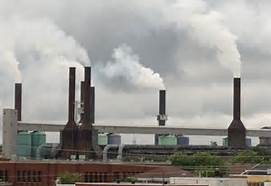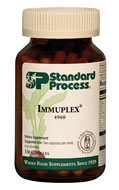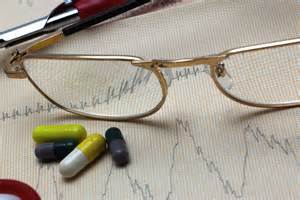Free Radicals

|
Thomas Jefferson |
Free radical damage is thought to play a part in the development of cancer, as well as other chronic degenerative diseases. As important as oxygen is to our bodies, it is also true that as we use it, sometimes its molecules become unstable. This happens when oxygen molecules lose an electron in their outer orbit and they go searching for one. These unstable oxygen molecules are called free radicals. They circulate in the body causing damage because they collide randomly with good molecules while searching for an electron to replace the missing one in their outer orbit. This damaging and haphazard action of free radicals is quite destabilizing. It can cause our bodies to age faster, and puts us at risk for contracting diseases.
Oxidative stress is the deterioration of cells and cell function that results from excessive oxidation. Oxidation is a natural chemical reaction that takes place everywhere, all the time. In the body, the oxidation of anything generates free radicals. Think of free radicals as high-energy troublemakers that can wreak havoc on otherwise peaceful, happy cells. Free radicals are fundamental to any biochemical process and represent an essential part of aerobic life and our metabolism. They are continuously produced by the body's normal use of oxygen such as breathing and some cell-mediated immune functions.
There is always a dynamic balance between the number of antioxidants and the number of free radicals in your body, called the redox state of the cell. However, the amount of these protective antioxidant principles, present under the normal physiological conditions, is sufficient only to cope with the normal physiological rate of free-radical generation. The redox state is like the voltage of a battery. Too high or too low of a voltage and the battery doesn't function properly. Likewise, too high or too low of cellular redox states, and cells will prematurely age and become dysfunctional. When the redox state is not at an optimal level, it can age cell membranes, destroy enzymes and harm your DNA and develop cancer.
- How chemicals develop excess free radicals
- Why antioxidants are your key to reducing oxidative stress
- Why oxidative stress creates an optimal environment for cancer development
- What are the most powerful nutrients that support reducing oxidative stress
- What is Glutathione and its role in oxidative stress
- What role the liver plays in oxidative stress











